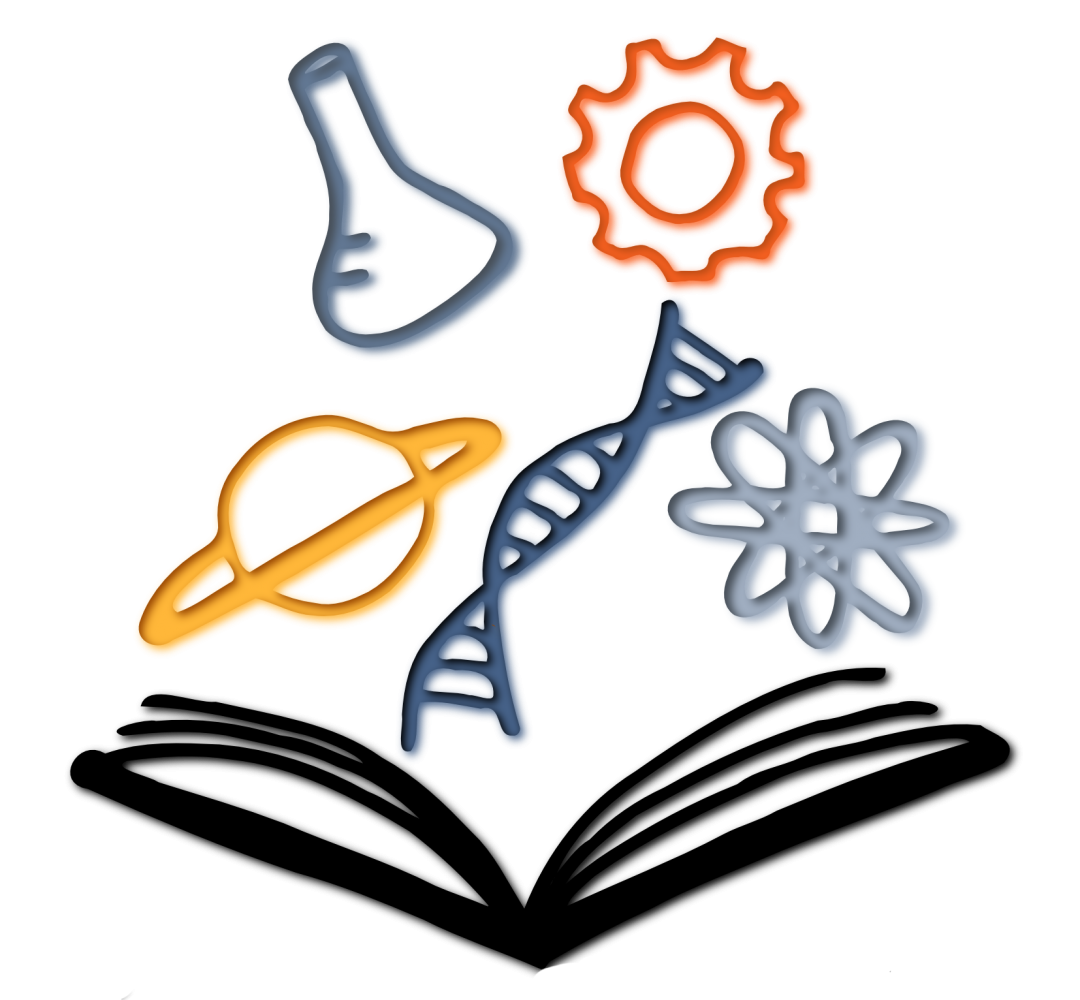

Our boy won’t talk to humans. He has appointed the girl as his spokescat and will headbutt her till she gets human attention. If she is sleeping elsewhere he gets quite confused how to ask for food. Why can’t they just read my ears then??!


Our boy won’t talk to humans. He has appointed the girl as his spokescat and will headbutt her till she gets human attention. If she is sleeping elsewhere he gets quite confused how to ask for food. Why can’t they just read my ears then??!
Ah that what happens when you Google an article which explanes some historical connection to Plato etc but it then uses that to make a completely unrelated point ie woke is bad. I should have read the whole thing before linking it. Looking at the other articles on the site it is indeed mostly right wing propaganda. A better point is Dawnkin’s post about Platonic forms here https://www.edge.org/response-detail/25366 in response to the question what scientific idea should be retired in 2014? He points out essentialism is a problem for accepting evolution, and for so many other things.
And Plato would have gotten away with it too, if not for those meddling kids and their cladistics. Essentialism has been hugely damaging and is the foundation of most types of Creationism. https://newdiscourses.com/2021/02/essentialism-logical-fallacy-plaguing-us-since-plato/
Indeed, and in addition if your religion is not supported by the facts it’s time to revise its assumptions. Religion can deal with new evidence, it’s just rather slow compared to say human lifetimes. I suspect thats because the basis of many faiths reasoning is built on philosophy, Christianity in particular. Which is a kind of precursor to experimental science where progress is slow or even circular.


Some points from the article:
Most scientific papers are incremental and rarely make headlines, with only a few results reaching the public. To assess scientific news, consider the timeline. Significant findings often build on years of research and also the scope, since broader claims usually lack robust support. Patience is essential - scientific conclusions are built via debate and scrutiny and evolve. While some science is just too incomplete to reach firm conclusions yet. The evidence is still accumulating. Like claims about the small-brained human relative Homo naledi. Did they make art, use fire, and bury their dead as claimed? Probably, but it’s too soon to say for sure.
Examples from the article include the South Pole telescope finding primordial waves from the earliest moments of the Big Bang - which sadly was just local dust. Also the phosphine in the Venusian atmosphere which the discoverers proposed came from some form of exotic life floating in the cloud tops. That was just flawed methodology.
Exciting research is often incorrect due to speculative ideas or over-narrow parameters. But speculation is needed. “if we knew the answers ahead of time, we wouldn’t need to do science”. Scientists also face pressure to publish high-impact results. That can lead to exaggerated findings or even fraud. Additionally, media sensationalism can distort scientific reporting. Trust in science has declined as contradictory claims in the media promote doubt about the scientific method. Some discoveries, like gravitational waves, are compelling and well-founded, but most intriguing results need caution.
Their population is 135,000 as of 2018 according to Wikipedia. Although local populations ie in the Arabian Sea might be at risk having been genetically isolated for up to 70,000 years and in smaller numbers